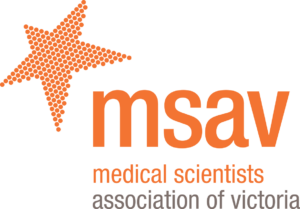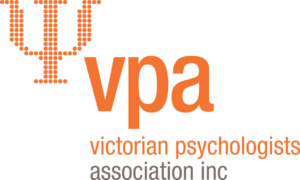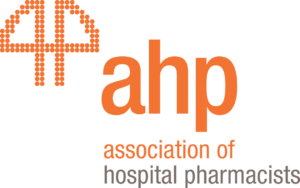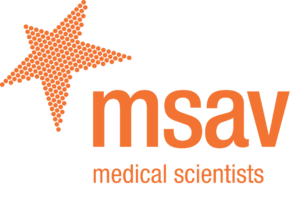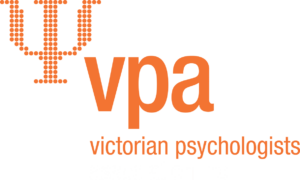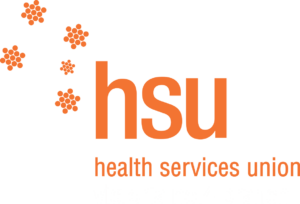Fixing gender-based undervaluation in the Health Professionals and Support Services Award
The Fair Work Commission identified a number of nationwide sectors that are female-dominated, and susceptible to gender-based undervaluing in terms of the minimum wages that apply. This undervaluation arose from the first work to determine minimum wages, with those in charge at the time having the perception that the sectors that are female-dominated did not require high levels of education or skill in order to perform them, and the very sexist view that these sectors were “women’s work”.
For this reason, a number of Modern Awards, including the Health Professionals and Support Services Award, were looked at with employers and unions invited to submit evidence as to whether these rates of pay should be increased.
By and large, the employer groups – especially those representing employers in the private hospital and private pathology sectors – strongly opposed any pay increases, saying that either there was no gender-based undervaluation, or if there was, the Fair Work Commission should not increase wages because businesses can’t afford it. If nothing else these employers are at least consistent in always arguing against wage increases while expecting their workforces to work longer hours with ever increasing complicated work that takes longer to complete.
Our branch supported the national Health Services Union team in arguing that gender-based undervaluation is widespread in health, and that in particular, many health professionals:
Perform types of work that are not sufficiently recognised, dubbed “invisible skills” and including things like caring work, emotional intelligence and more; and
Hold qualifications that have not been properly factored into rates of pay in the same way as they have in other, often male-dominated, sectors
For these reasons the Unions argued strongly for a very substantial increase to the Modern Award minimum rates of pay. The Union worked to pull together a variety of members at different stages of their careers to provide their experience and expertise in explaining to the Commission the hurdles they had jumped in achieving significant academic and developing significant clinical skill sets in what may have been viewed by some in health as “women’s work”.
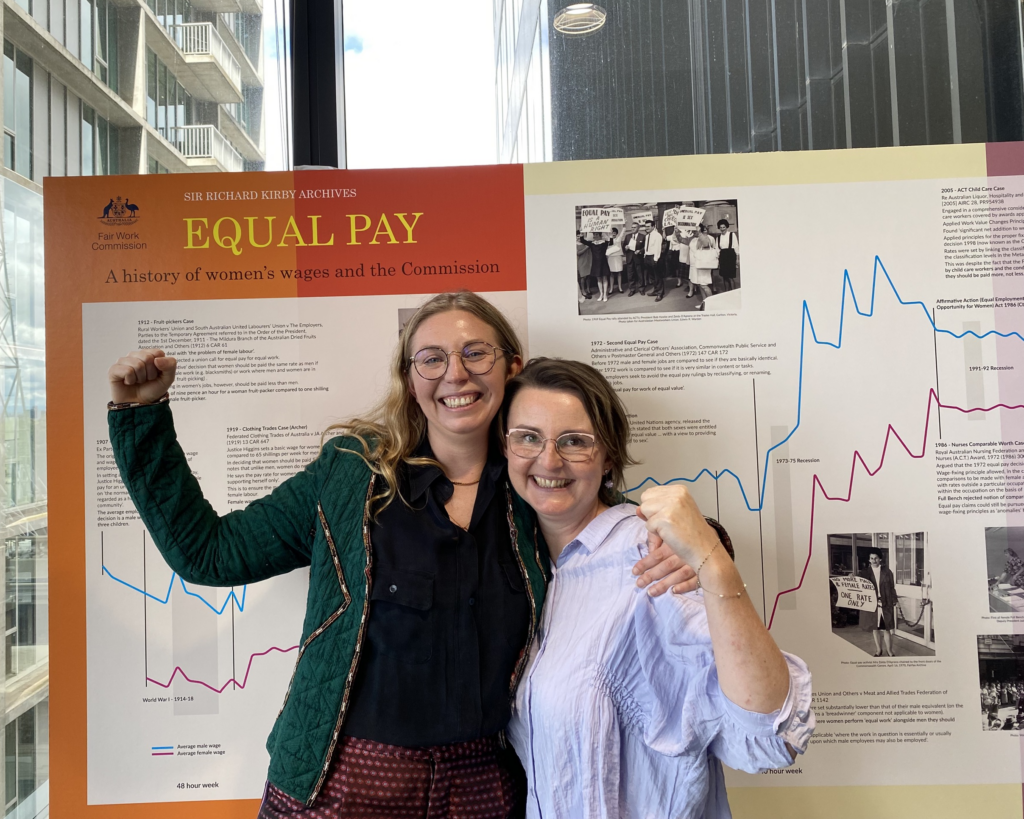
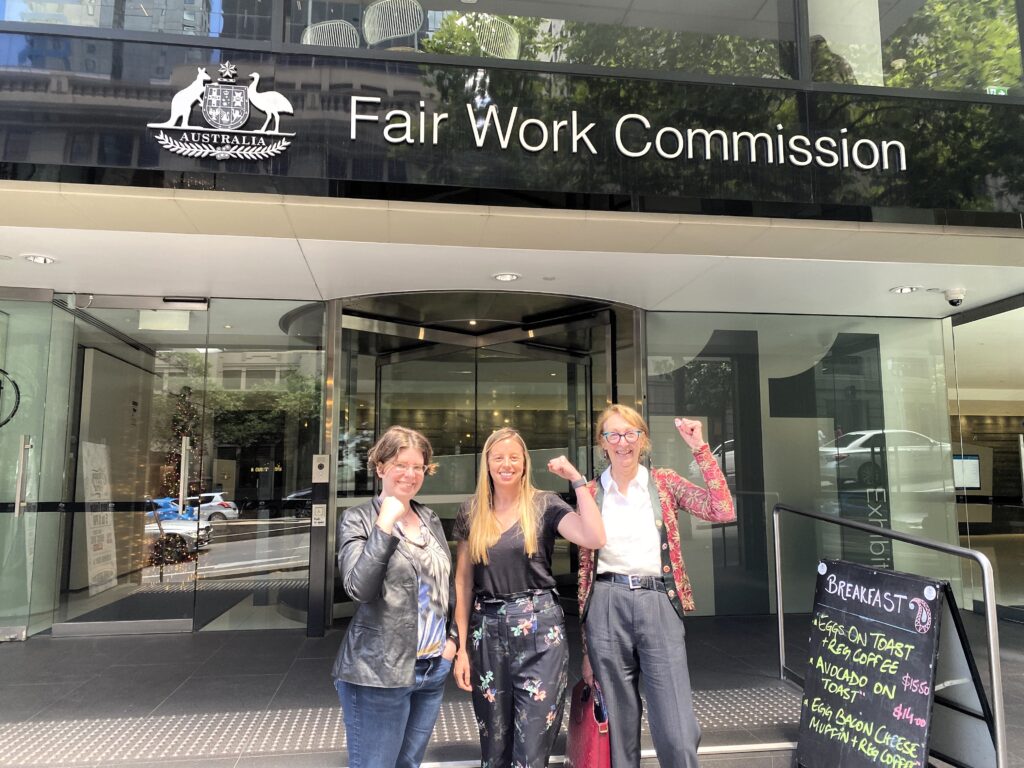
Hearings ran across several weeks in December 2024, with a panel of 5 senior members of the tribunal hearing evidence and arguments from both sides. We had about a dozen members give evidence from across the MSAV, the VPA, and the AHP, with 5 taking the witness stand and being cross-examined by the employer groups. All our witnesses did an incredible job and provided very persuasive evidence to the Fair Work Commission about the nature of their work.
Just before Christmas (2024), the hearings concluded and the Commission “reserved its decision”, a fancy way of saying they’re going to consider all the evidence and arguments before handing down their decision. The Union is hoping to have, at least, a preliminary decision in the next few weeks, but there’s no strict timeframe for when a decision will be handed down.
Based on how the hearings went, we’re hopeful that the Commission will have been persuaded that there is a real need to increase wages in the Health Sector.
As soon as we have news, we’ll be sharing it with members. The Commission has a webpage set up dedicated to this gender-based undervaluation work, spanning a number of different sectors. The page includes the transcripts from witnesses, witness statements, written submissions and other materials: https://www.fwc.gov.au/hearings-decisions/major-cases/gender-undervaluation-priority-awards-review
Updates and Details
APRIL 17 2025
The Fair Work Commission handed down its decision on its investigation into the gender-based undervaluation of work in a handful of the disciplines covered by our Union.
We have only had an opportunity for a preliminary review of the Commission’s 234-page decision.
However, based on our preliminary review, it looks extremely positive, with the Commission recommending a substantial increase in wages in the Health Professionals and Support Services Award (HPSS).
The Decision
The Commission agreed with the Union that health professionals covered by the HPSS Award have been the subject of gender-based undervaluation and that their minimum pay rates should be varied. They did not make a final decision as to how much rates should be varied, but has indicated that their provisional view is consistent with the aged care nurses decision:
- for professions requiring a bachelor degree-level qualification (e.g. medical scientists), rates should be increased by between 16.53% – 29.91% (or an average of 24%)
- for professions requiring a masters degree-level qualification (e.g. psychologists), rates should be increased by between 18.77% – 31.16% (or an average of 25%).
Our members helped to win this!
A key source of pride for us and what makes this decision even better is that it is a direct result of the amazing efforts of our members presenting their evidence and experience to the Commission. Members Cathy Durkin, Sam Holmes, Sarah Durran, Toni Franklin and Paul Elliott (yes, that Paul Elliott) gave evidence and Helen Jeges, Georgia Craigie, Ella Sexton, Sarah Lloyd, Shaani Graves and Samanatha Splatt provided written statements. Senior Industrial Officer Conor Serong put in countless hours of work to pull it all together too.
Appearing before any tribunal, especially one like the Fair Work Commission, can be a daunting experience, which is why we cannot congratulate enough each member who bravely took the witness stand to present their evidence; in some cases, being cross-examined by hostile employer lawyers.
It is a hugely important decision that clearly illustrates gender bias being at the heart of the reason for the vital work members do being undervalued, under-appreciated and underpaid.
Next steps
This is an important decision, but it does not mean an automatic increase in wages. We will need to fight to have those increases passed on to members.
When we have had more time to review the decision, we will provide members with a more detailed outline of the decision, what it means in practice for members, and how we can flow on the win to members.
It certainly puts us on a really solid footing to reasonably demand a pay rise in line with the Nurses outcome or potentially even better in this round of public sector bargaining. We will not only be looking for recognition of this case in pay rates but for a standard annual pay rise as well.
But it is not just about the public sector. This decision affects all our members, and we will look at what it means for members covered by other Agreements too.
In the meantime, if you have any questions, please do not hesitate to contact us at enquiry@msav.org.au or via your Member Portal.
